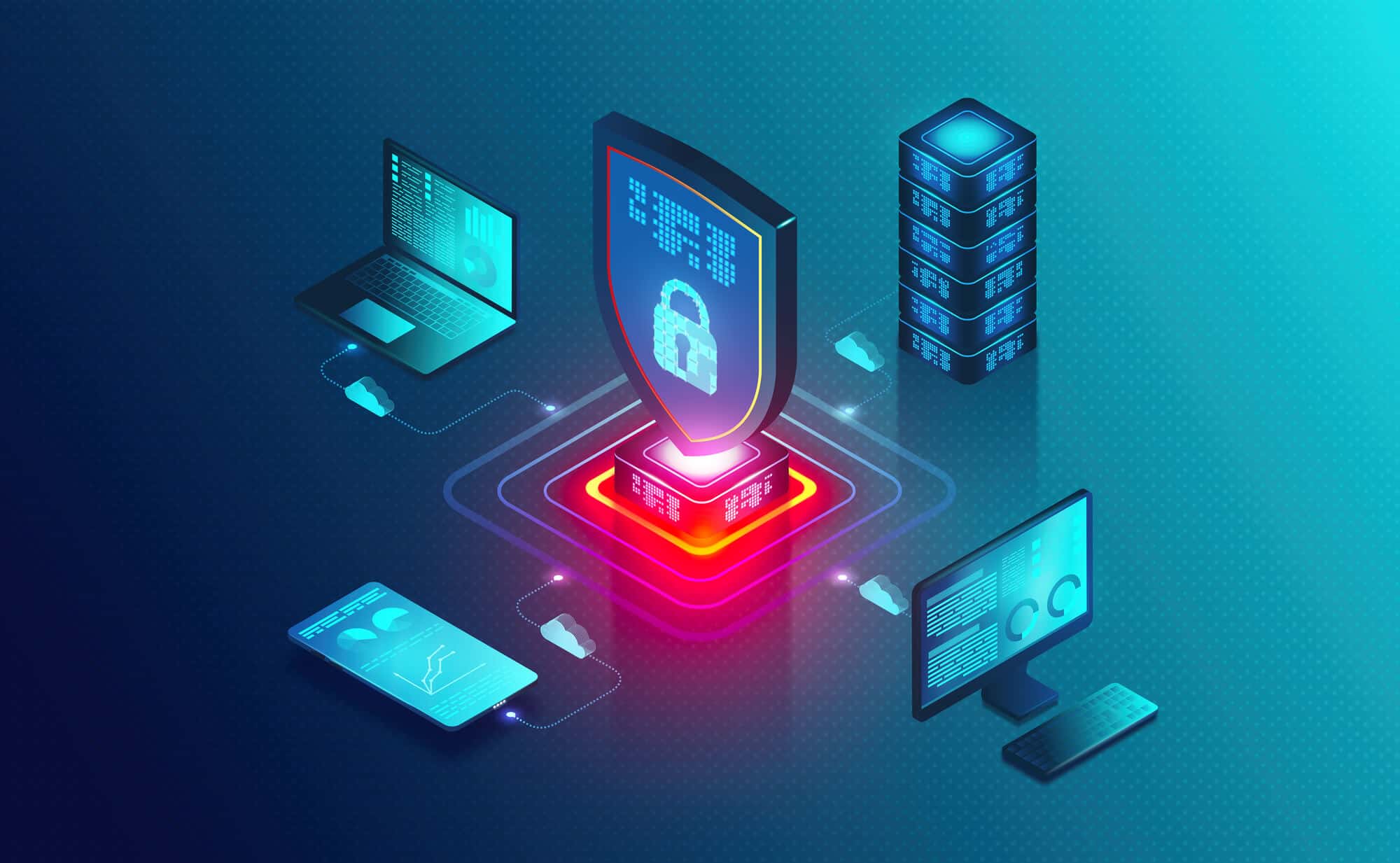In a world where our lives are increasingly intertwined with the digital realm, cybersecurity has become paramount. Protecting your online presence, data, and devices is not just a matter of convenience but a necessity. In this blog post, we’ll share essential cybersecurity tips to help you safeguard your digital world and navigate the online landscape with confidence.
Strong Passwords are Your First Line of Defense
Complexity Matters: Emphasize the importance of using complex, unique passwords for each online account.
Password Managers: Suggest the use of password management tools to generate and store strong passwords securely.
Enable Two-Factor Authentication (2FA)
Extra Layer of Security: Explain how 2FA adds an additional barrier for unauthorized access by requiring a second verification step.
App and SMS Options: Mention that 2FA can be enabled via apps like Google Authenticator or through SMS codes.
Regularly Update Software and Devices
Patch Vulnerabilities: Stress the need to keep operating systems, software, and devices up to date to patch known vulnerabilities.
Automatic Updates: Encourage enabling automatic updates whenever possible.
Beware of Phishing Attempts
Recognize Phishing Emails: Teach how to identify phishing emails and avoid clicking on suspicious links or downloading attachments from unknown sources.
Verify Requests: Emphasize the importance of verifying requests for sensitive information or funds before taking any action.
Secure Your Wi-Fi Network
Strong Passwords: Advise using a strong, unique password for your Wi-Fi network to prevent unauthorized access.
Network Encryption: Enable network encryption (WPA3) to protect data transmitted over Wi-Fi.
Be Cautious on Public Wi-Fi
Use VPNs: Recommend using a virtual private network (VPN) when connecting to public Wi-Fi to encrypt your internet traffic.
Avoid Sensitive Transactions: Advise against conducting sensitive transactions or accessing confidential information on public networks.
Backup Your Data Regularly
Data Loss Prevention: Stress the importance of backing up important files and data regularly to prevent data loss in case of cyberattacks.
Cloud Storage: Encourage using secure cloud storage services for backups.
Practice Safe Social Media Use
Privacy Settings: Guide users to review and adjust their privacy settings on social media platforms.
Share Wisely: Remind users to be cautious about the information they share online, especially personal details.
Educate Yourself and Stay Informed
Cybersecurity Awareness: Promote cybersecurity awareness by staying informed about current threats and trends.
Training Resources: Suggest online courses or resources for individuals and organizations to improve cybersecurity knowledge.
Use Antivirus and Anti-Malware Software
Install Trusted Software: Recommend using reputable antivirus and anti-malware software to protect against viruses, malware, and other threats.
Regular Scans: Remind users to schedule regular scans and keep the software updated.
Conclusion
Cybersecurity is a shared responsibility, and by implementing these cybersecurity tips, you can significantly reduce the risk of falling victim to cyber threats and data breaches. Remember that the digital landscape is constantly evolving, and staying vigilant and informed is key to maintaining a secure online presence. So, take these steps to protect your digital world, keep cyber threats at bay, and enjoy the benefits of the interconnected age with confidence.

